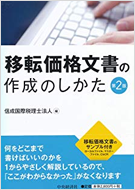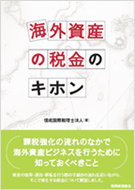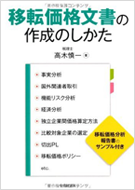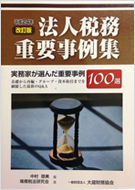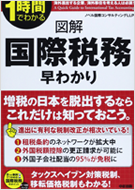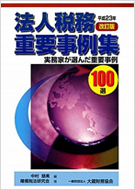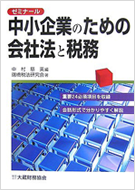Foreign Corporate Taxation (Taxation of Foreign Corporations in Japan)

The corona virus that plunged the world into a pandemic has calmed down, and the world is struggling to regain the pre-corona rate of economic growth. Japan, too, is striving desperately to regain its pre-corona economic growth level.
However, the labor force that is supposed to drive growth for each industry is in short supply, and some companies in manufacturing and other fields are seeking labor from overseas subsidiaries or business partners. In such cases, what must be noted is the issue of taxation on foreign corporations that arises when employees of an overseas subsidiary (a foreign corporation) come to Japan to provide labor. If you do not understand the structure of taxation on foreign corporations well enough, you might unexpectedly have issues pointed out by the tax authorities.
Therefore, based on the publication “Case Studies: Taxation of Foreign Corporations in Japan,” in this month’s issue, as Part 2, we will explain the taxation system for foreign companies in Japan.
Part 2 – Case Studies: Taxation of Foreign Corporations in Japan
- A ‘permanent establishment’ under the provisions of the tax treaty with Thailand
- Items that do not fall under the category of ‘permanent establishment’, based on Article 13.2 of the OECD’s Multilateral Convention to Implement Tax Treaty Related Measures to Prevent {Domestic Tax} Base Erosion And Profit Shifting (BEPS) {“MLI”}*
* https://www.oecd.org/en/topics/beps-multilateral-instrument.html- Regarding workplaces of overseas subsidiaries located within your company
- Regarding taxation
Part 2: Cases: Taxation of Foreign Companies in Japan
We are a company engaged in the development of software, and we have an overseas subsidiary in Thailand (hereinafter referred to as the “overseas subsidiary”). The Company has an overseas subsidiary in Thailand (hereinafter referred to as the “Overseas Subsidiary”).
As COVID-19 has settled down, and orders for software development are strong, we plan to request support from our overseas subsidiaries and ask some of their employees work in Japan for about a year.
The work will be performed in our company.
Do overseas subsidiaries have to pay corporate and consumption taxes in Japan?
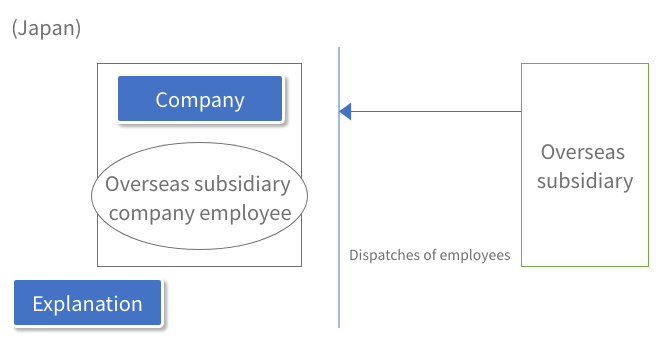
1 Permanent Establishment under the provisions of the Tax Convention with Thailand
The tax treaty between Japan and Thailand, the country where our overseas subsidiary is located, defines a permanent establishment as a fixed place of business where a company conducts all or part of its business.
Permanent establishments under the tax treaty with Thailand are as follows;
| Thailand | |
| Permanent establishments |
|
| Not deemed to be a permanent establishment |
|
2 The following are not considered to be permanent establishments under Article 13.2 of the Convention on the Implementation of the BEPS Prevention Measures.
3 Workplaces of overseas subsidiaries in your company
Permanent establishments under the provisions of the tax treaties with Thailand are defined as certain places where business is conducted.
Therefore, if the workplace within your company is a fixed place where the business of the overseas subsidiary is conducted, the overseas subsidiary conducts all or part of that business, and the work carried out by the employees of the overseas subsidiary is not preparatory or auxiliary to the conduct of the business of the overseas subsidiary, the workplace within your company will be considered a permanent establishment of the overseas subsidiary.
The key points for determining whether or not a facility is a permanent establishment are as follows.
Key Points for Determining Permanent Facilities
It is important to analyze the nature of the work performed by employees of foreign subsidiaries at your company’s worksite(s).
In other words, is the work preparatory or auxiliary? Or is the work content a complementary function as part of an integral part of the work that needs to be fully analyzed?
Your company’s workshop is considered a permanent facility of the overseas subsidiary if the work done there serves a complementary function, as part of an integrated operation.
4 Regarding taxation
If an overseas subsidiary that performs work within the parent company is certified as having a permanent establishment in Japan, it will be subject to corporate tax liability.
In other words, if your company’s work site where the employees of the foreign subsidiary are working is a permanent establishment of the foreign subsidiary, the income attributable to the permanent establishment is taxable in Japan and subject to corporate income tax.
In addition, the entire amount of consideration for the work paid by your company to the foreign subsidiary (including the portion attributable to the permanent establishment) is subject to consumption tax, as consideration for services rendered in Japan.
explanation
(1) Corporate tax
The workplace in your company shall be a fixed place of business and shall be permanently established in the overseas subsidiary company and if the income is attributable to the permanent establishment, the portion attributable to the permanent establishment is subject to corporate tax as income generated in Japan.
( Law 138 ①)
(2) Consumption tax
The full amount of the consideration paid by your company to your overseas subsidiary (including the portion attributable to the permanent establishment) is considered to be a transfer of assets, etc., as consideration for the provision of services in Japan, and is subject to consumption tax.
(Consumption Tax Act 4①)













